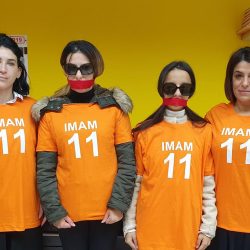There is a strong link between human health, animal health and food safety. Therefore, the European Union aims to ensure a high level of animal and plant health, as well as safe agri-food chain for its citizens.
This €2.33 million worth project was focused on further aligning and enforcing the EU veterinary standards and eradicating certain animal diseases in Montenegro.
It contributed to strengthening the capacities of the veterinary control system on Border Inspection Posts, system for identification and registration of animals, as well as registration of their movements.
The project was also targeting the area of animal health and animal welfare. In particular, it supported Montenegro’s efforts to eradicate rabies from the country. The EU has been supporting the rabies eradication in Montenegro since 2011. As a result, there have been no reported cases of rabies infection since spring 2012. However, due to the unfavorable situation in the region, the continuation of the vaccination is still needed. The last vaccination campaign implemented under this project was in the spring of 2020.
One of the components of this project was focused on strengthening the capacities of the Administration for Food Safety, Veterinary and Phytosanitary Affairs to appropriately control population of stray and abandoned dogs, which remains a serious issue in many Montenegrin municipalities. As a result of the project, a relevant national strategy was prepared and consequently adopted; municipalities and the NGOs were involved in the population assessment; and public awareness about the responsible ownership of the dogs has been raised.
Additionally, the project helped upgrading the system for control of udder health and quality of raw milk in the country. About €400.000 was allocated for the procurement of the most modern laboratory equipment for raw milk quality control. This equipment is located at the Biotechnical Faculty in Podgorica and represents one of the most important segments for improving the quality of raw milk in Montenegro and meeting EU standards in this area.
The project ended in October 2021.






